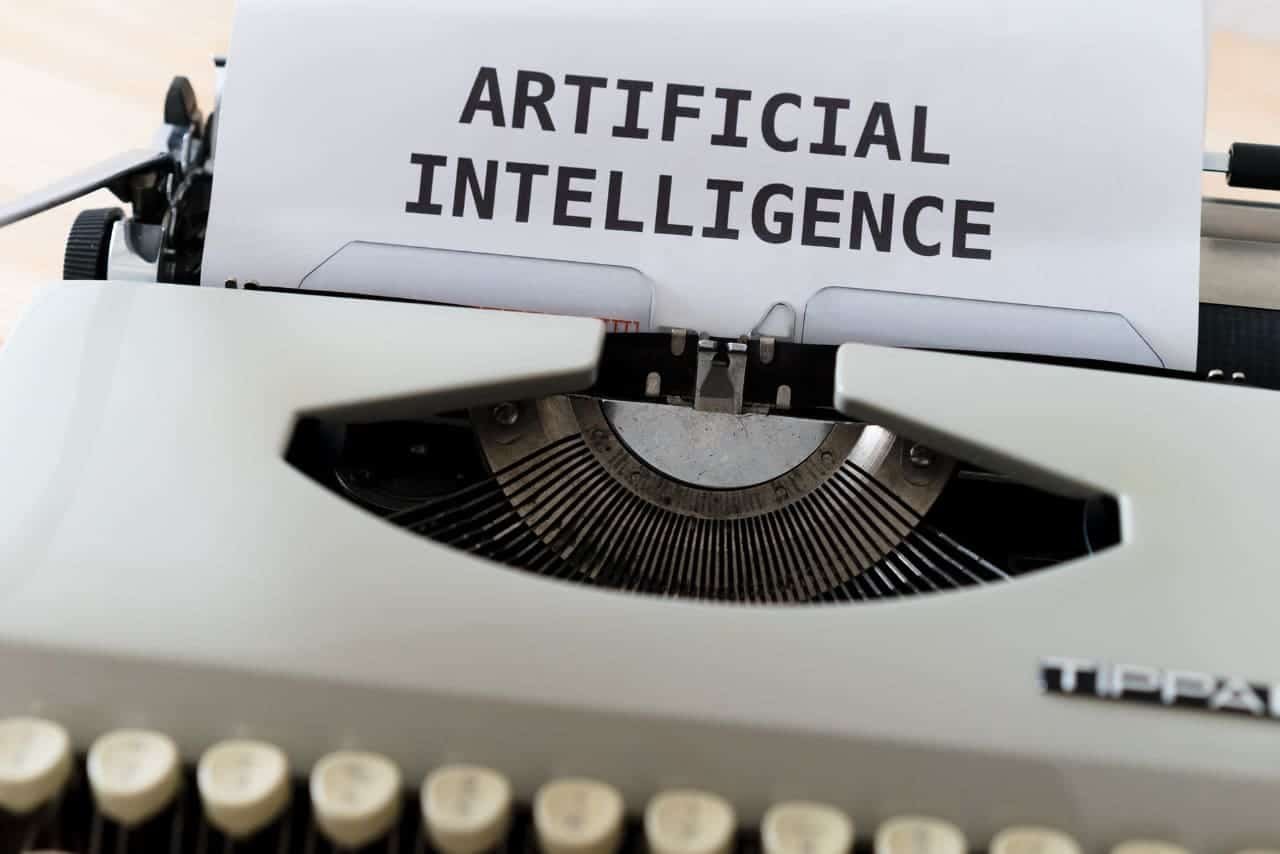Artificial intelligence – are we storing up problems for the future?
The pace of change in technology over the past 20 years has been breathtaking. There is no doubt that new technologies have helped in many areas of life, from making it easier to get in touch with people all around the world, to making the dangerous less hazardous. Not many of us could now contemplate living without our smartphones or computers.
As technology advances, ‘artificial intelligence’ is now performing some jobs that have traditionally required human thought and analysis to do them, driven by ever more complex computer systems.
The potential scope of artificial intelligence is absolutely staggering and it is not unfeasible that it could be used in the future for any job where human thought processes and decision making is required. Whilst this type of technology is fascinating, by placing an increased reliance on it, is there a possibility that we are storing up potential problems for ourselves in the future?
The pros and cons
One advantage of computers and artificial intelligence is that they can work 24/7 without the need for cups of tea and biscuits and when they work well, many jobs can be carried out more quickly. Humans on the other hand tire, need sleep and are prone to making mistakes, so what’s not to like about computer systems taking over the world?
Well, computers and the artificial intelligence that they create, are only as good as the humans that create, design and maintain them. As humans are prone to human error, it follows that artificial intelligence will be prone to the subconsciously created defects created by human error (just look at predictive text and spell checkers, which are far from foolproof).
When the computer system crashes at work, the big disadvantage is that we can’t fix that ourselves (unless you moonlight as a computer engineer in your spare time). We don’t know all of the steps and processes that are involved in maintaining the ‘intelligence’ that we take for granted. Things just grind to a halt until the computer system is back up and running.
Losing the ability to think for ourselves
As artificial intelligence takes over the tasks of thinking, creating processes, analysing detail and forming opinions, there is a danger as humans, that we forget how to think for ourselves, how to create, how to problem solve and how to use our imaginations. We risk not having the intelligence of knowing how to override defective systems, because our reliance on computer systems and technology doing most things for us cripples our ability to stop, think, analyse and form opinions for ourselves and to use our human intuition, that in turn allow us to problem solve and find amicable solutions with other humans.
Many successful people in all areas of life start out by learning how to do the really simple things well in their chosen field and then apply that process to more complex tasks. Whilst simple tasks can soon become mundane and boring, it is only by learning how to do the simple things well, that we can learn how to do more difficult tasks well. A violinist for example, will not reach their full potential without a correct basic analysis and understanding of how to how to hold the violin and bow correctly and how to use his/her body in the most relaxed and efficient manner in order to achieve good technique and real beauty of sound.
More than just mechanical needs
Where artificial intelligence eliminates the need for humans to learn how to perform basic analysis, gather thoughts together and form opinions, this may have knock-on consequences. Healthy human feelings and emotions are essential for a strong society and productive workplaces, but they are linked to the ability to think clearly, rationally and independently, so that reasonable opinions can be formed and shared. If people are unable to form healthy opinions, we risk having nothing constructive to communicate and a world where people can’t communicate in a healthy way, or at all, could become a problematic one to live in.
That isn’t to say that artificial intelligence isn’t useful. It does have some wonderful applications, but perhaps technology is best used as a tool, to help people to thrive, flourish and reach their true potential, rather than unknowingly restricting or hindering our ability to do so.








